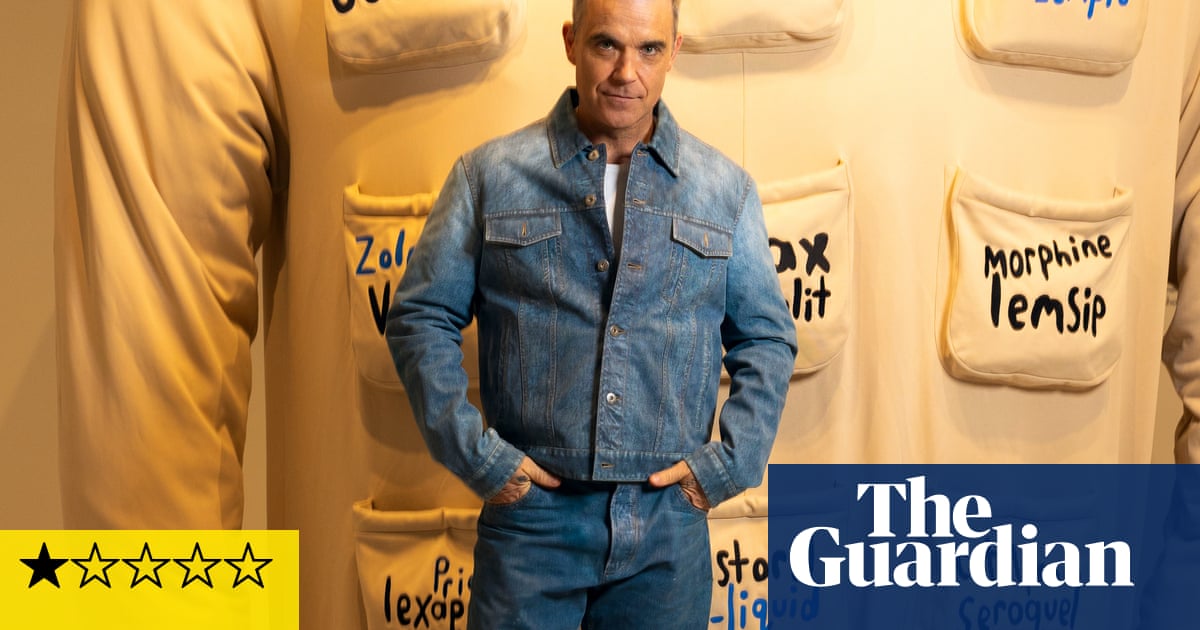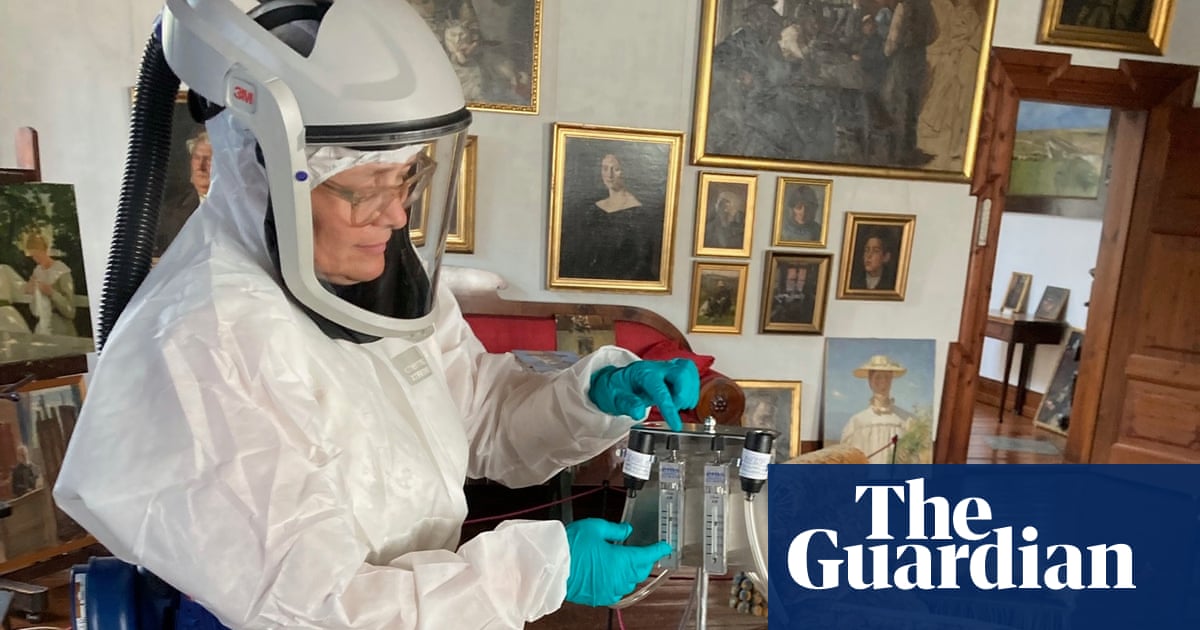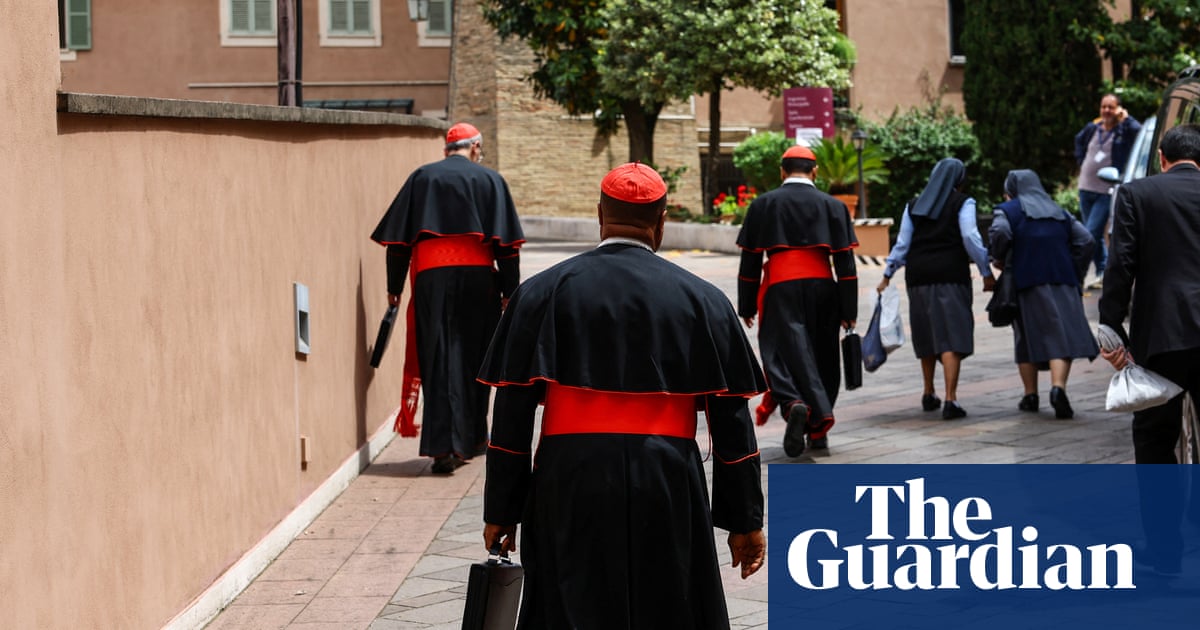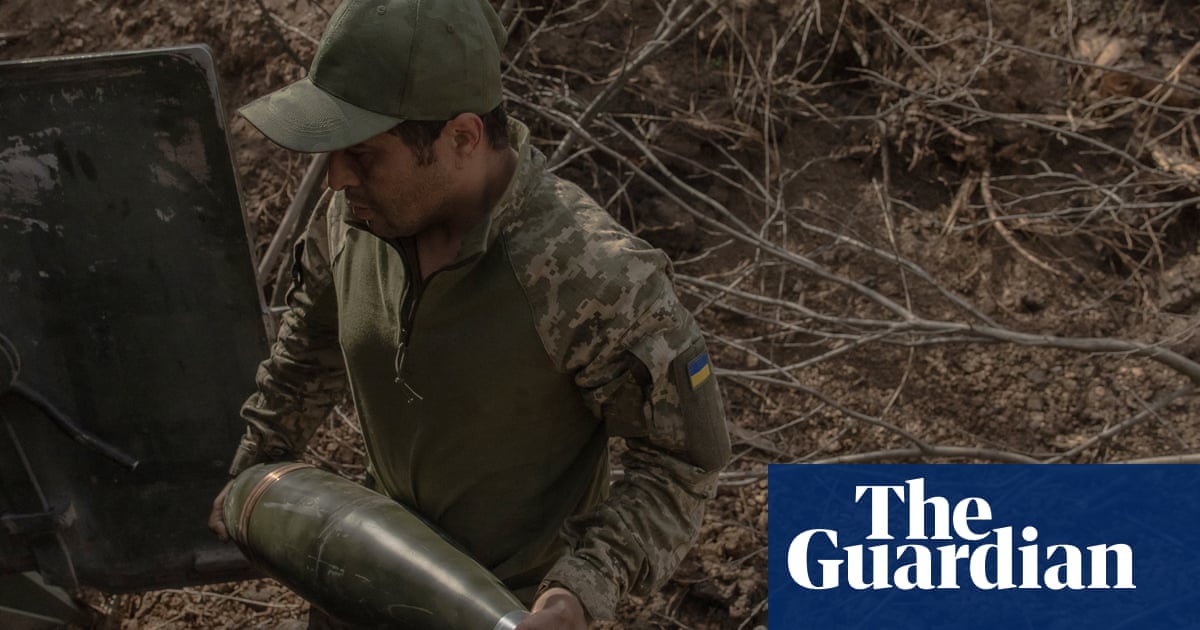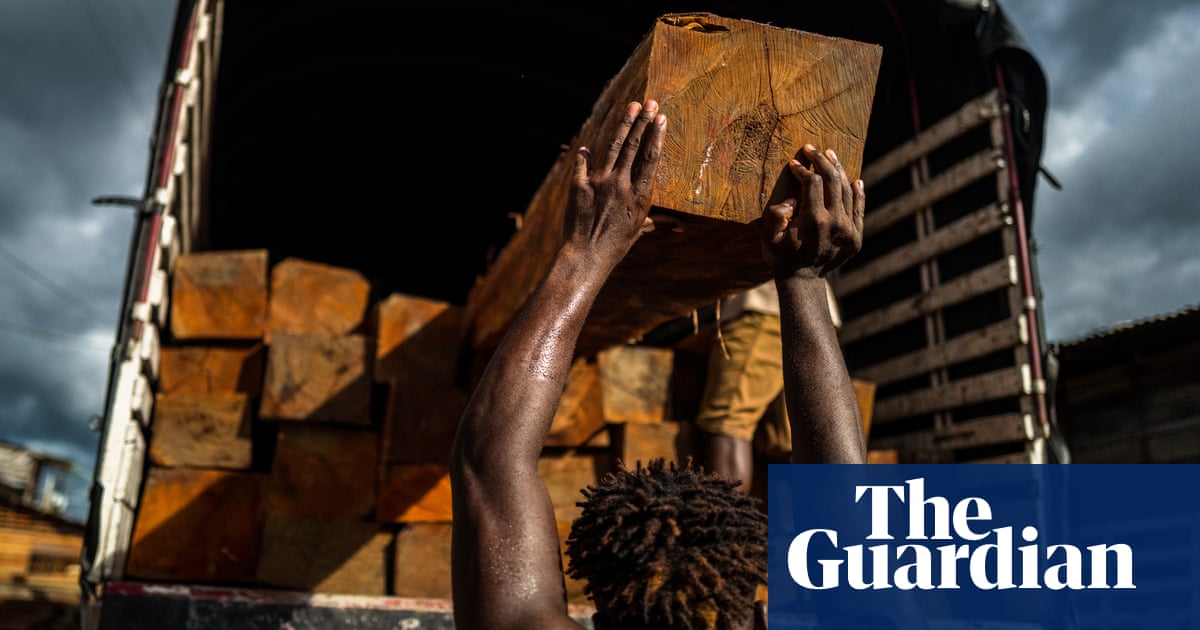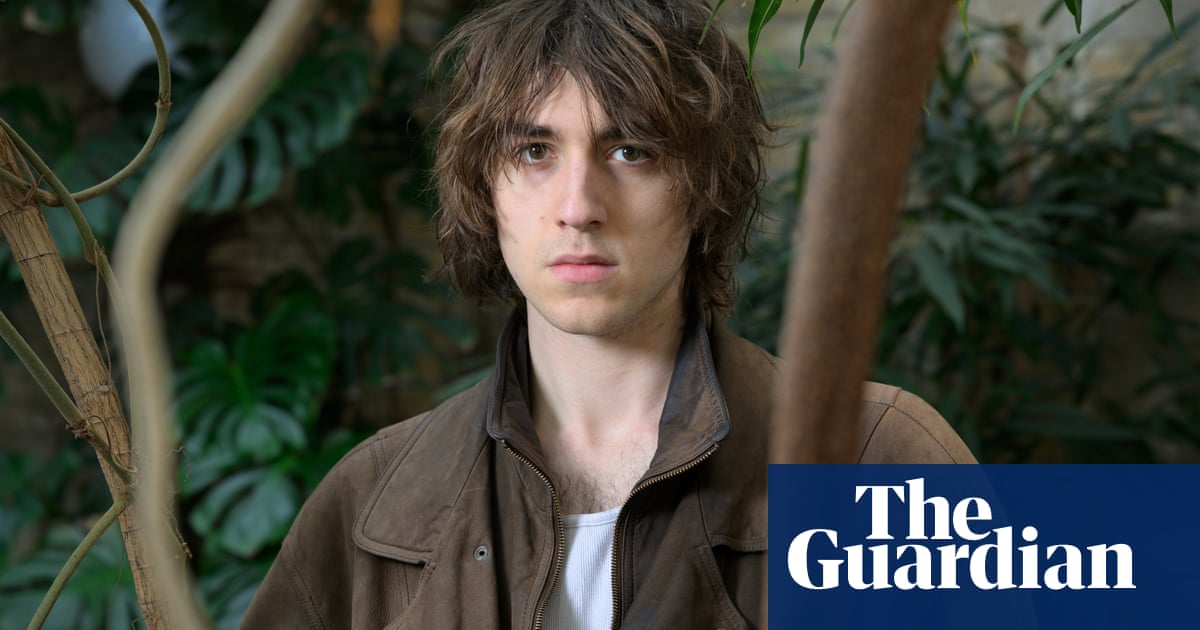‘When you start with the Beatles, your résumé looks pretty good,” Chris O’Dell says. A new documentary charts the extent of that CV, as a music manager with bands including Fleetwood Mac, Genesis and Santana, but it all began with a chance encounter in Los Angeles in 1968.
Derek Taylor was heading publicity at the Beatles’ company, Apple Corps, and O’Dell was a low-level assistant in radio promotion. When Taylor suggested she come work at the Apple office in London, she dropped everything and moved halfway across the world. “Paul [McCartney] was there every day organising everything,” she says, on the phone from her home in Arizona. “One day he came into my office and said, ‘Chris, should we use paper towels or cloth towels in the bathroom?’ That’s how detailed he was.”
O’Dell didn’t just stay at her desk: she joined the Beatles in the studio to sing on the epic climax to Hey Jude, was on the roof of Apple headquarters for their last ever live show, and even moved in with George Harrison and his wife – she was at their house when McCartney announced he wouldn’t be playing in the Beatles any more. “I came down for breakfast and every newspaper was on the table, saying: ‘Paul quits.’ It felt so abrupt and so unexpected. George went out in the garden, because that’s where he went for his peace. That afternoon, John [Lennon] came over and he and George spent quite a long time walking together.”
Even after the band split, O’Dell remained in their orbit. “I got to know John better when he was with May Pang,” she says, referring to Lennon’s “lost weekend” in the mid-1970s. “We all lived in this beach house in Santa Monica. That was the closest I ever got to John. The time before, when he was with Yoko [Ono], they were really focused on what they were doing. So I didn’t know him as intimately – if I can use that word.”
O’Dell might hesitate over that term because her relationship with another Beatle became a lot more intimate: in her memoir, published in 2009, she wrote candidly about her turbulent affair with Ringo Starr in the 1970s. But now she prefers to focus on how they’ve remained on good terms: “I could honestly say he’s a friend.” Like all her remarkable anecdotes, this is told with an easy-going charm. “We’ve stayed in touch up until probably the last couple of years. He’s the godfather to my son.”
Harrison, though, is the Beatle she is most closely associated with among music fans, thanks to the song he wrote about her: Miss O’Dell, which gives the new documentary its name. The song came about in 1971, when they were both in Los Angeles. “George kept calling me,” O’Dell says. “But I didn’t want to go over. I thought there were going to be all these hangers-on.” Inspired by her absence, Harrison wrote the song, with its pleading refrain, “Why don’t you call me, Miss O’Dell?” It was the B-side to Give Me Love (Give Me Peace on Earth), which hit No 1 in the US. “I was really happy every time I heard the A-side because I thought, ‘I’m spinning around as the B-side right now,’” she says.

O’Dell expands on this story (and many more) in the new documentary, which sees her return to key sites such as the Apple offices on London’s Wigmore Street and Saville Row. The film also reunites her with Harrison’s then-wife, Pattie Boyd, and Apple’s head of A&R, Peter Asher. But the documentary goes beyond her time with the Beatles, showing how she built on that remarkable first experience to develop an even more extraordinary CV.
Soon after, she was working as an assistant to the Rolling Stones during the Exile on Main St sessions – she even appears on the artwork for the album. O’Dell once joked that her job description should have included: “Sleep with Mick [Jagger] whenever he asks.” But her memories of him now are more innocent. “He was like a brother,” she says.
That fraternal loyalty might have been on display when Jagger got O’Dell her first job on the road, working on the Rolling Stones’ tour in 1972. But some of her duties were a bit unconventional. “Keith [Richards] sent me on a drug run,” she recalls. “Back then, it was just called being an assistant.” She joined in with the debauchery, and one comment from Richards sticks in her mind all these years later. “He said, ‘You know, Chris, you can keep up with the guys.’ I thought that was a compliment then. Today I don’t see it quite that way.”
Gradually, O’Dell built a career as one of rock’s first female tour managers. With Crosby, Stills, Nash & Young, she gained her first experience managing travel logistics. “That was a nightmare,” she remembers wryly. But working for Linda Ronstadt in 1975 was a breakthrough, allowing her to be “in charge of everything” for the first time. She also brought some much-needed sensitivity to the often boorish and brutal world of tour management. “One time before Mother’s Day I went to Linda and asked, ‘Do you want me to send flowers to your mom?’ She said, ‘I’ve never had a tour manager who asked me that question.’”
Another highlight was working on Bob Dylan’s mid-1970s Rolling Thunder Revue. “I found Bob extremely fun to work with,” she says. “I remember, he and I were sitting at a table in a restaurant one time. We just talked about all kinds of different things. But never did his eyes leave mine. Ever. He is highly focused.”
During the Revue, O’Dell became the subject of another song. “Joni Mitchell came on the tour and we got caught up in a bit of a love triangle with Sam Shepard. I’d already been sort of seeing him, and then she had a thing with him. This dude was married and had a wife back in California! So what was wrong with us?” she says, disbelievingly. “From that came the song Coyote about ‘a woman at home’ and ‘another woman down the hall’. I am that woman down the hall.”
As O’Dell remembers, the drama unfolded over just a few days, with Mitchell debuting the song at Gordon Lightfoot’s home during a stop on the tour (an incident captured in Martin Scorsese’s 2019 film Rolling Thunder Revue: A Bob Dylan Story). “I had heard she’d written this song and I thought, ‘I don’t know if I want to hear this!’” O’Dell recalls. But in her typical easy-going way, O’Dell seems to have been able to patch things up: “She and I became really good friends after that.”
She spent the latter part of her career as a tour manager in Germany in the 90s, adding more bands to her résumé including Led Zeppelin and Queen, but Echo and the Bunnymen proved to be her last job. “I was just like: I’m done. I don’t know who these people are and they want me to get them a towel and I probably am not gonna do that any more.”

Drugs and alcohol had also taken their toll. “I had consumed quite a lot”, O’Dell says. She quit touring to get a master’s degree and became a therapist working with people with addictions: “I had been in recovery myself, so it was a natural transition.”
She gradually lost contact with many of the male rock stars she worked with, but is still “very much in touch with the women”. She recently launched a YouTube series chronicling her conversations with the likes of Suzi Ronson (David Bowie’s hair stylist) and her old friend May Pang. She plans to release some older interviews too, which she did in the 1980s with Linda McCartney and several other women, possibly as a documentary or book: “It was so amazing because they talked about how they really felt,” O’Dell says.
No matter what she does next, the Beatles will probably continue to dominate Chris O’Dell’s story. But, she says, “I worked with over 21 bands. That is something to be quite proud of – being the first woman to really operate in the music world on the road. I can look back and say, ‘That was a good legacy.’”

 4 hours ago
10
4 hours ago
10



